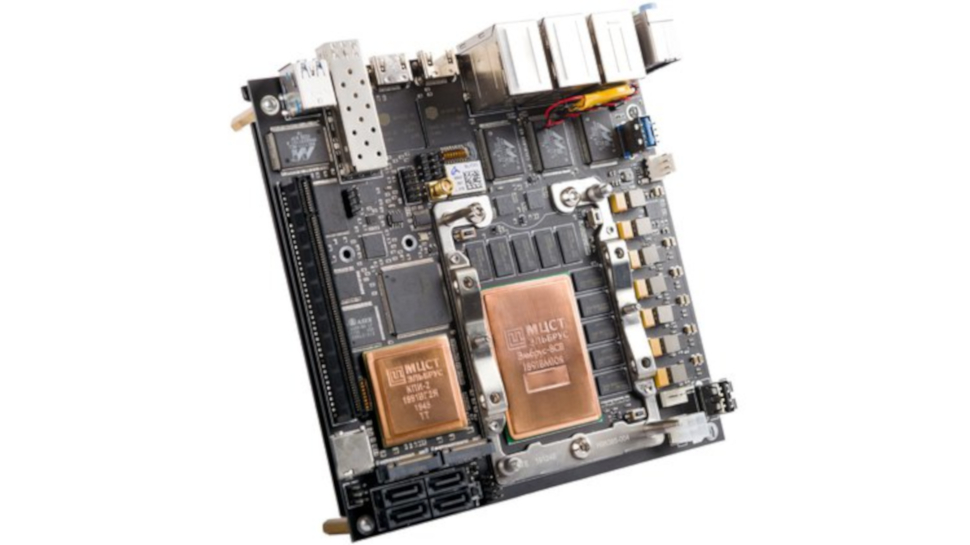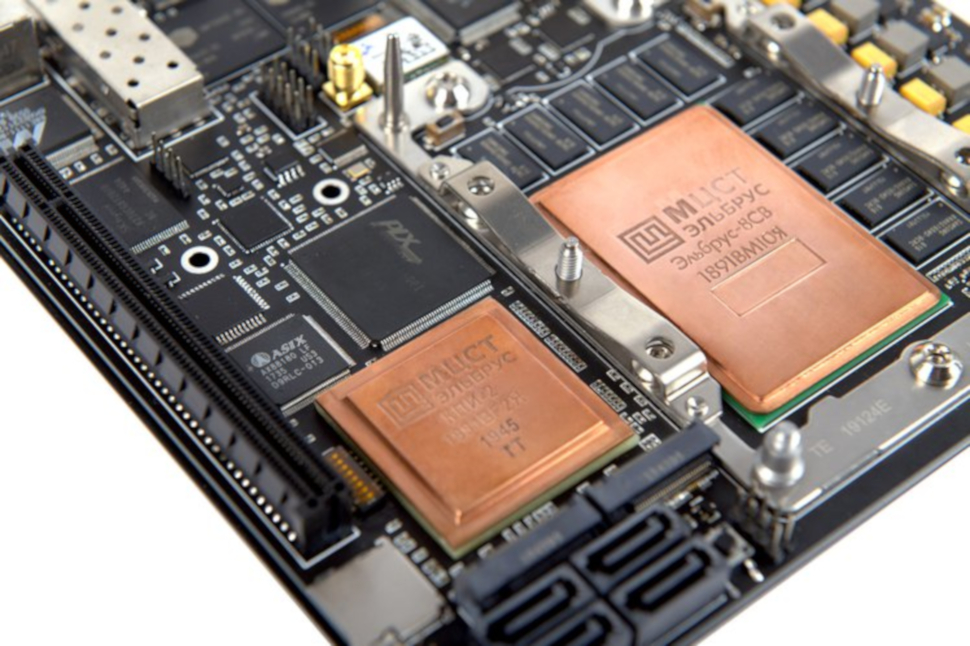This enigmatic Russian CPU is taking a controversial path that Intel and AMD struggled with
Now onboard an open source crowdfunded motherboard

The Russian-made Elbrus-8CB processor for servers and workstations looks set for a major boost after a group of enthusiasts banded together to crowdfund a Mini-ITX motherboard that they hope will give AMD and Intel a run for their money.
The Elbrus is based on the Very Long Instruction Word (VLIW)-like architecture that’s been the achilles heel of both AMD and Intel (think Itanium).
While we weren’t expecting to see Elbrus-based PCs hit the shelves anytime soon, fans of the processor have finalized plans to crowdfund money for the production of a motherboard for the processor dubbed the IcepeakITX Elbrus-8CB.
- We’ve compiled a list of the best thin clients
- Take a look at these best workstations
- Here’s our list of the best business computers on the market
Powerful and secure
The Russian MCST company has been developing VLIW-based Elbrus processors since the 1990s.
As our sister publication Tom’s Hardware reports, a number of desktops based on these processors were introduced in Russia in the recent years. But those machines had limited applications and failed to capitalize on the full potential of their processors.
However that’s about to change with the IcepeakITX Elbrus-8CB. It is reported that this motherboard is designed for systems that could be used for a wide variety of applications that need performance, security, and ultimate reliability.

As per the specs listed on CrowdSupply, the Portland-based hardware crowdfunding website, the IcepeakITX Elbrus-8CB platform is built around an eight-core MCST Elbrus-8CB processor that operates at 1.50 GHz processor. The Mini-ITX motherboard can pair the processor with either 8GB or 32GB of DDR4-2400 memory.
Sign up to the TechRadar Pro newsletter to get all the top news, opinion, features and guidance your business needs to succeed!
The board has pressure sensors, tamper sensors, a water sensor, gyroscope, GPS, and much more to make it usable for all kinds of embedded applications. To further push the usability of the mobo, you can even hook up a PCIe 2.0 x16 graphics card, and up to two M.2-2280 SSDs with a SATA interface as well as up to four 2.5-inch or 3.5-inch SATA storage devices.
The designers of the board also note that the mobo also has a x86-64 VLIW firmware that allows for real-time execution of x86-64 code with minimal overhead, which opens it up to all sorts of use-cases.
There is yet no word on the pricing of the mobo, but we expect it to reach its crowdfunding targets without too much trouble, considering the power and advantages of the onboard processor.
- Check out our list of the best small business servers on the market
Via: Tom’s Hardware
With almost two decades of writing and reporting on Linux, Mayank Sharma would like everyone to think he’s TechRadar Pro’s expert on the topic. Of course, he’s just as interested in other computing topics, particularly cybersecurity, cloud, containers, and coding.
